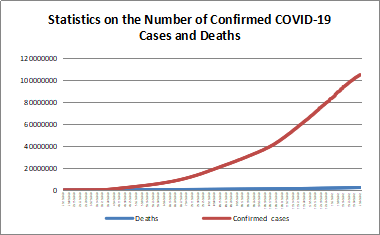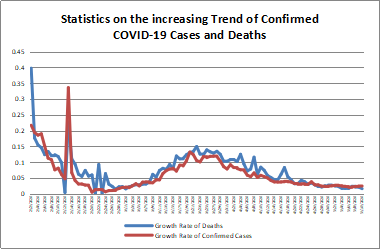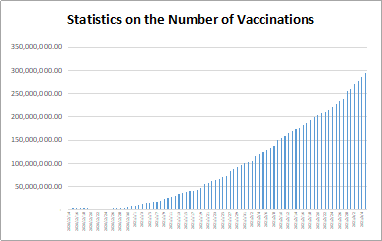Tax and fiscal policies after the COVID-19 crisis
Time:2021/10/22 BJT
1. Key concerns
On October 14, 2021, Organisation for Economic Co-operation and Development (OECD) released a report of Tax and Fiscal Policies After the COVID-19 Crisis. The report provides advice for developing public fiscal policy strategies as countries (regions) seek to “build back better” and on how tax policy can be designed comprehensively so that fiscal systems can deliver a balance of equity, growth and sustainability.
First of all, the report states the status of the economic recovery and existing issues after the breaking out of the pandemic. The report emphasizes that although the policy actions taken by countries (regions) provides power to the economic resilience and the ongoing deployment of vaccines provides possibilities to the sustainable recovery of economic activities, the recovery remains uneven, with strikingly different outcomes across countries (regions), sectors and demographic groups. Output and employment gaps remain in many countries, particularly in emerging markets and developing economies where vaccination rates are low. Issues as economic growth slowdown, the development of digitalization and automation, rising inequalities, population ageing and climate change are challenging to the prospects of economic recovery.
Therefore, the report suggests that it is necessary to develop tax and fiscal systems that promote inclusive and sustainable growth. The report stresses that in adapting their tax policies to address the structural challenges they face, countries (regions) should put growth, equity and sustainability on an equal footing. The policies should include supporting small, medium-size firms, stimulating investment in research and development for economic growth, adjusting personal income tax and company business tax, imposing a tax on digital products, strengthening social security rights of laborers in automation trend to achieve social equality in distribution, appropriately adopting environmentally friendly technologies and greenhouse gas emissions pricing, etc. to support environmental sustainability.
2. Briefing on COVID-19 Pandemic(Issue No.157)
According to WHO statistics, calculated numbers of confirmed COVID-19 cases and deaths reached 240,260,449 and 4,890,424 by October 19, 2021. The U.S., the UK, Turkey, Russia and India were the five countries (regions) with the highest number of new confirmed cases in the past seven days. The U.S., Russia, Romania, Mexico and Brazil were the five countries (regions) with the highest number of new deaths in the past seven days.


https://covid19.who.int/
WTO issues papers on vaccine inputs tariffs.According to WHO website statistics, as of 17 October 2021, a total of 6,544,787,495 vaccine doses have been administered. On October 8, the WTO Secretariat has published two information notes on issues relating to the manufacturing of COVID-19 vaccines. WTO stated that countries (regions) should cooperate on the reduction of tariffs and trade facilitation to meet the acute global needs for the vaccine. In its report of COVID-19 Vaccines Production and Tariffs on Vaccine Inputs, WTO explored the most-favoured nation (MFN) tariffs and imports of these products by the 27 top vaccine manufacturing economies, and considered that any product group with an average tariff of at least 5% was deemed a possible “choke point”. The report concluded that tariffs on critical products to manufacture vaccines remain high, especially in some developing countries, and might impede the flow across borders and increase the cost of vaccine manufacturing. The report called for members' cooperation under the WTO to support the elimination or significant reduction of tariffs on these vaccine inputs to reduce costs and expand output from vaccine manufacturers meeting acute global needs.

https://ourworldindata.org/covid-vaccinations
In terms of the restrictive measures taken by countries(regions), the restrictive measures have been eased in several regions. In America, the United States announced on October 15 that it will open its borders to fully vaccinated foreign travellers who arrived through air or land on November 8. In Europe, the Health Minister of Greece stated that the first batch of oral drugs for the treatment of Covid-19 is expected to be available early next year. In Oceania, Melbourne of Australia will abolish the order to work from home and allow restaurants and shops to reopen from October 22. Melbourne will move forward in easing more restrictions in early November after the vaccination rate in Victoria, where the city is located, reaches 80%. In Asia, South Korea plans to work out a “living with COVID-19” scheme in November. South Korea will restructure the healthcare system to focus more on treating critically ill patients and preventing deaths, while lifting business operating limits and private gatherings rules against COVID-19 for returning normal life gradually.


